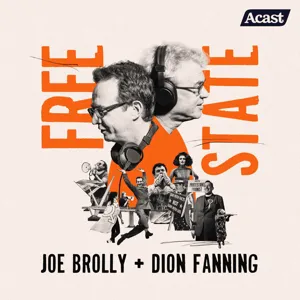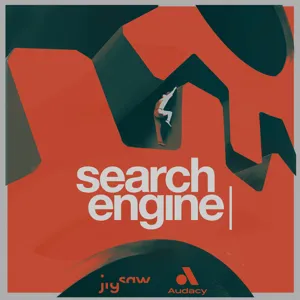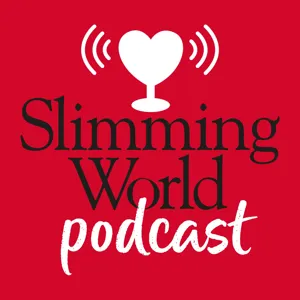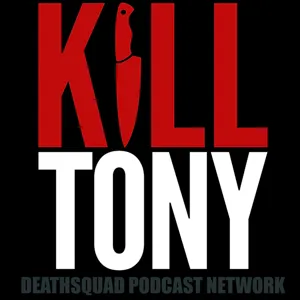POSH Part 2: with Paul Howard, Ross O’Carroll-Kelly & Roddy Collins

Paul Howard and Roddy Collins are back for the second part of the Free State Christmas Special.
Roddy remembers how he tried to take a bit of the Dublin southside culture back to the northside with predictable results.
He also recalls his first encounters with Paul, then known as the Milky Bar Kid, and how a very young Paul Howard accidentally sabotaged Stevie Collins European title fight and kept the secret for over 25 years.
Free State with Joe Brolly and Dion Fanning is a Gold Hat Production in association with SwanMcG.
For more on Free State: https://freestatepodcast.com/
To get in touch with the podcast: info@freestatepodcast.com
Hosted on Acast. See acast.com/privacy for more information.






